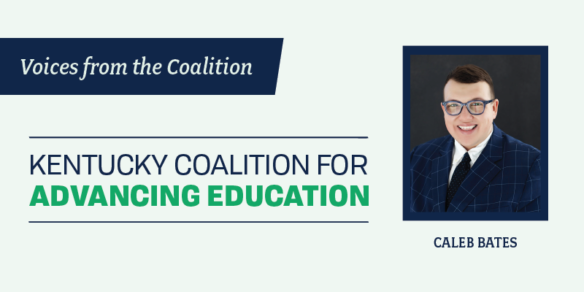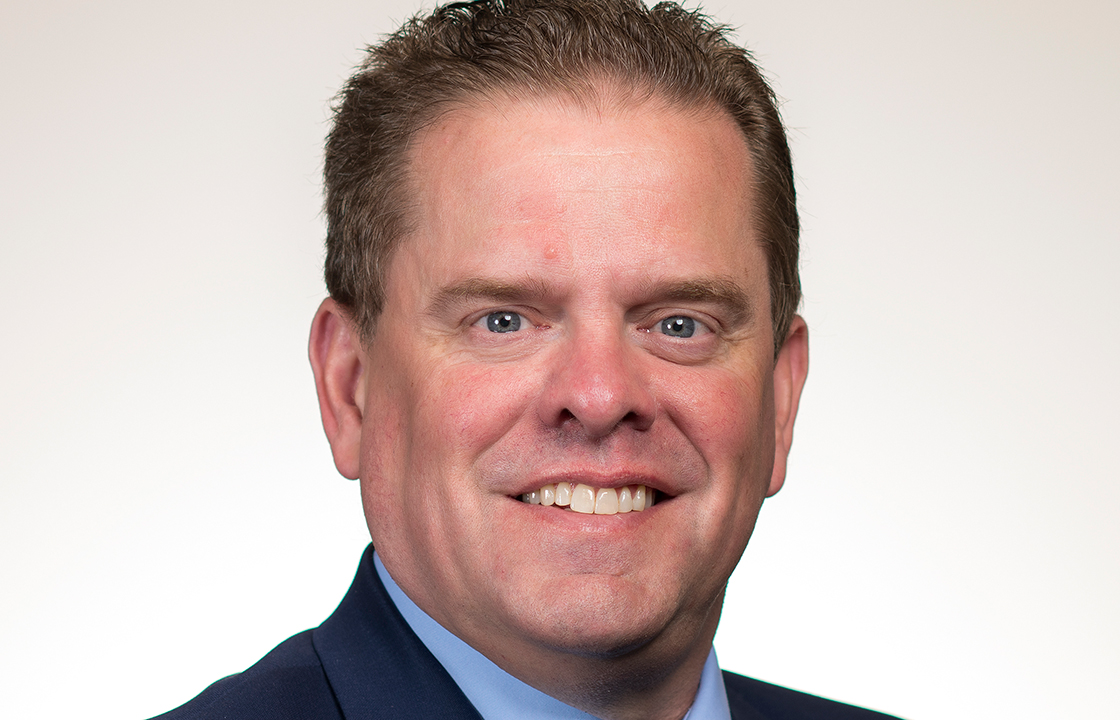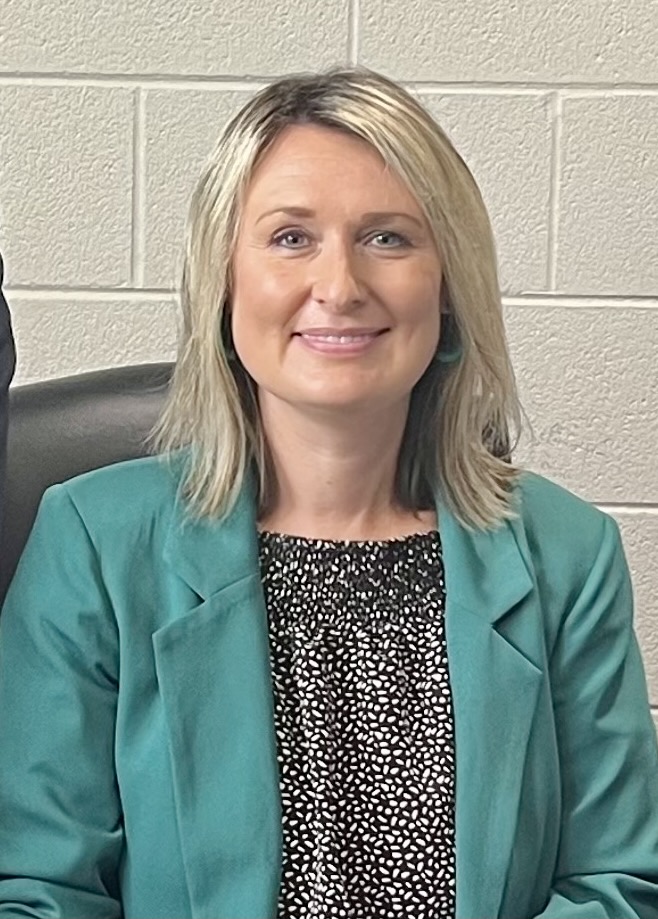
Editor’s Note: This is the second in a series of columns that will be published throughout July highlighting the experiences of different members of the Kentucky Coalition for Advancing Education and the work that will take place moving forward.
As a student, participating in several discussions with education stakeholders from all corners of the Commonwealth during the 2021 Commissioner’s Virtual Listening Tour was an excellent experience.

Wallace Caleb Bates
We felt empowered as student leaders and well-equipped by the Kentucky Department of Education to engage in conversations with key education stakeholders in communities across our great state. Dr. Jason E. Glass, commissioner of education, tried to acknowledge the instrumental work of young people many, many times, and he continues to do so.
The discussions gathered key information on a range of topics, from student mental health to testing and beyond. The COVID-19 pandemic disrupted education as we knew it, so there is truly no better time than now to look at ways to better serve Kentucky’s students.
However, the Listening Tour was but one step of this very complex but worthwhile process. Now, as a member of the Kentucky Coalition for Advancing Education, I am working alongside many individuals to highlight the largest ideas shared across Kentucky when it comes to the future of education in the Commonwealth. As a student, I do focus primarily on the ideas of students as conclusions are drawn based on data collected.
Students desire to feel included when decisions are being made – especially at the local level – because many decisions are left in the hands of local leaders by design. Students desire choice when it comes to their education as it relates to the content they learn, as well as the classes they take. Among the storylines that arose from the coalition’s work, a major one exists embedded within quotes such as this:
“Sometimes I just wish I had a choice. I am in high school and each year we read a classic. I can never relate to these stories, there are no people like me in these stories. I read and do my work but wish many times I could suggest books we spend six weeks on. Books with boys like me. …”
There is a desire among students for opportunities to take ownership, highlighting how students are more than the “irresponsible” label often placed on them. Additionally, students indicate they need a system of education that recognizes their individuality as people who live lives outside of the classroom, and which places value on their unique abilities and experiences.
Students often talked during the listening tours about wanting to be known and treated as individuals.
“One time I remember … was when my school would offer high-level math classes, … they wanted the math classes to be focused on standardized testing and I really wanted math to be about application to the real world,” one student said, “I asked why we weren’t doing more projects and things beyond test prep. But, at the time I didn’t think I could do a lot to change things, so I ended up just doing the work.”
Standard and standardized tests do not consider either the gifts or challenges we have as individuals. They do not consider our unique talents, our home lives, our day-to-day difficulties or the horrific systemic barriers some of us face. Standardized tests do not witness the impact they have on our mental health.
One student said, “When we do K-PREP, the teachers stress us out,” and that same student later indicated that stress derives from feelings of inferiority to others who score better. So students conclude that the current means of testing is not serving us and is doing us harm.
Students should not have to settle for less when it comes to curriculum, instruction, and testing simply because the same old, same old has always worked. Moving forward, students desire new ways of assessment.
Personally, I hope that we all continue to see students as I do, as level-headed individuals who deserve a place at the table. I hope the idea of individuality is better understood, and I hope that many aspects of individuality are considered when decisions are being made – from the classroom and beyond. I hope that cultural identity across Kentucky’s greatly diverse student population is appreciated on a larger scale and also looked after in small daily ways that matter, like learning to pronounce each student’s name correctly. These small acts of goodwill do work of leaps and bounds to improve the school community.
I will continue to ask questions and to learn. As the coalition dives deeper into the ideas of Kentucky’s students, I wish to gather more information on the needs and ideas of our students to better inform my work as an education advocate. As an aspiring educator, I am committed to keep learning and working to continue to improve education in the Commonwealth for many years to come.
I am from Eastern Kentucky, a place so often left underserved and underrepresented due to no fault of its people. The work underway can make life better for the people in my community, especially students. As improvements are made to Kentucky’s education system on a large-scale, smaller communities reap great rewards.
Education is at the very core of Kentucky’s future. I am very grateful to be in this work with many excellent people.
Wallace Caleb Bates is a recent graduate of Breathitt County High School and is a member of the Kentucky Coalition for Advancing Education. In the fall he plans to attend the University of the Cumberlands to major in elementary education, with a minor in special education. He also plans to begin work at Highland Turner Elementary School (Breathitt County) as an instructional assistant in August.
HOW YOU CAN GET INVOLVED
Local Laboratories of Learning (L3s) serve as reciprocal learning partnerships between a school district, parents, students, educators and others who have the greatest awareness of the needs and desires of the local community.
Like the Kentucky Coalition for Advancing Education, these community-based partnerships aim to create a more equitable future for education in Kentucky through an inclusive co-design process. We believe that the most powerful insights will come from teams that feature the voices of communities that have been traditionally marginalized and not included in decision-making about accountability and assessment.
Local families and community members can participate by joining their L3 team or by assisting with empathy interviews to gather stories from people in the community and sharing those experiences with the local team. Through these efforts, districts and community members will create a system of assessment and accountability that reflects the diversity of the students, families and communities it represents.
For more information about L3s, email Sarah Snipes, program consultant for the KY Innovative Learning Network at the Kentucky Department of Education.



Leave A Comment